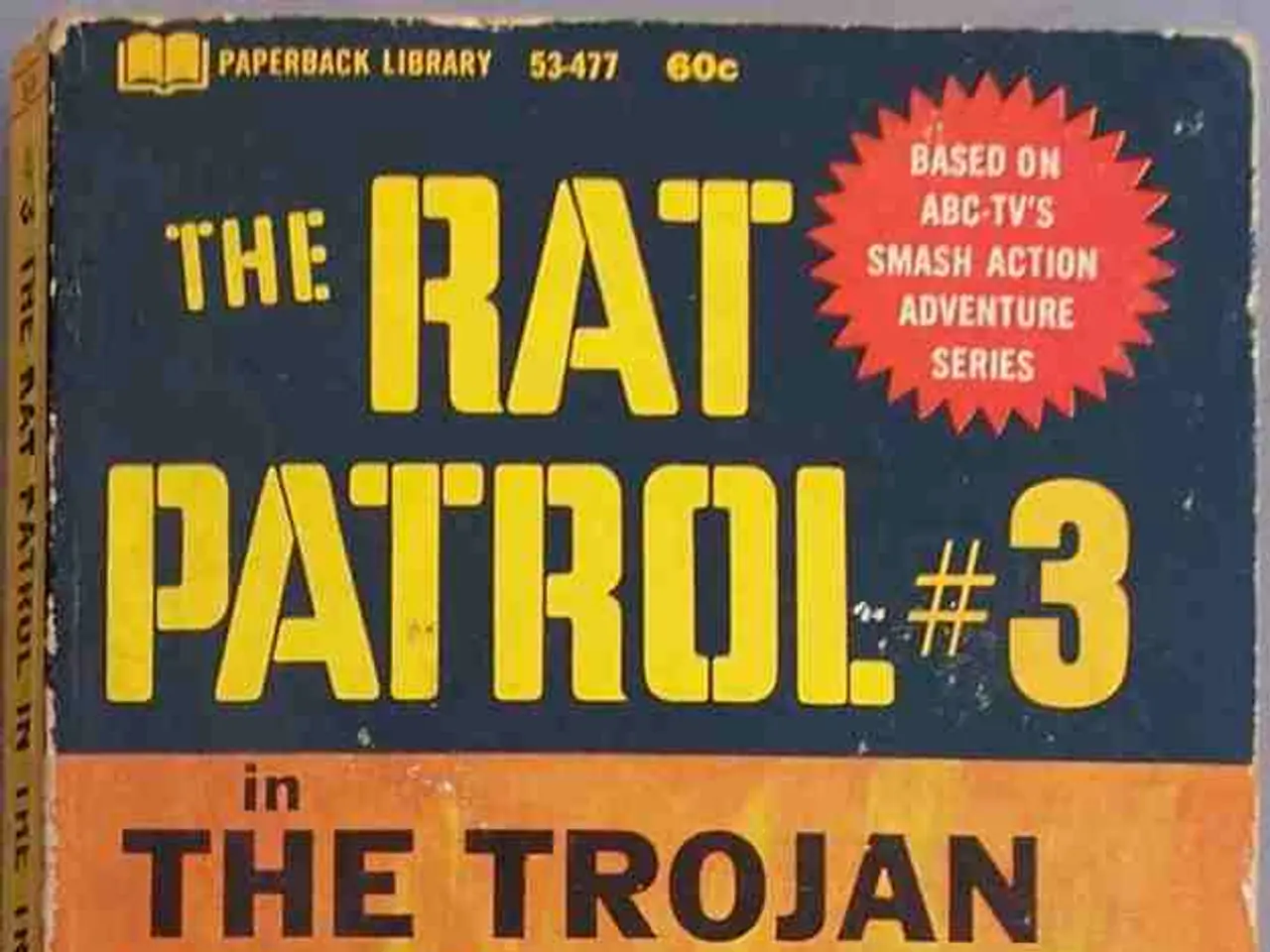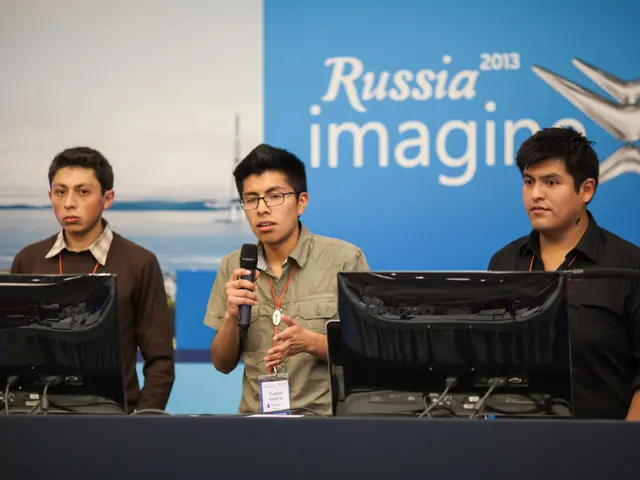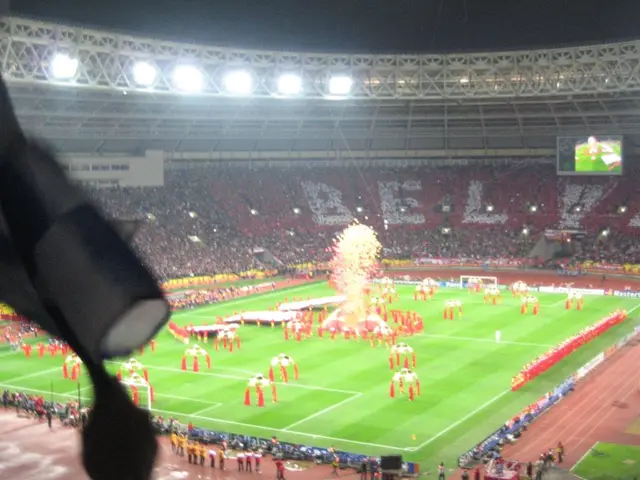Putin's CTBT Move Threatens Global Nuclear Order
The global nuclear order faces erosion, not just from overt violations, but also from subtle, habitual actions by states. This comes as Russia's President Vladimir Putin 'de-ratified' the Comprehensive Test Ban Treaty (CTBT) in late 2023, raising concerns about the future of nuclear disarmament and non-proliferation efforts.
The nuclear order balances delicate goals: deterrence, arms control, non-proliferation, and disarmament. Technological advances have made nuclear testing obsolete, with the last test conducted by the US in the 1990s. Despite this, Putin's move has reignited fears of renewed testing and its political implications.
The CTBT, designed to halt nuclear testing, has not yet entered into force due to key states' refusal to ratify it. This refusal undermines its credibility and broader nuclear non-proliferation efforts. Breaking the testing taboo risks normalising escalation, weakening long-standing norms, and raising the risk of renewed arms races or even nuclear use. Maren Vieluf, a prominent nuclear disarmament advocate, emphasises the importance of defending the test ban to safeguard the global nuclear order.
Putin's decision to 'de-ratify' the CTBT has serious implications for the global nuclear order. As the world commemorates the 80th anniversary of the first nuclear test and the 15th International Day against Nuclear Tests in 2025, the international community must address this challenge to preserve the hard-won gains in nuclear disarmament and non-proliferation.
Read also:
- AstraZeneca Shares Surge on Positive Trial Results and Potential U.S. Expansion
- Trump seeks resolution for TikTok's future during phone conversation with Xi
- xAI's Grok encounters another pause as users prompt it to provide opinions on the ongoing Gaza situation
- Europe Braces for Supply Chain Disruptions as Red Sea Conflicts Escalate








